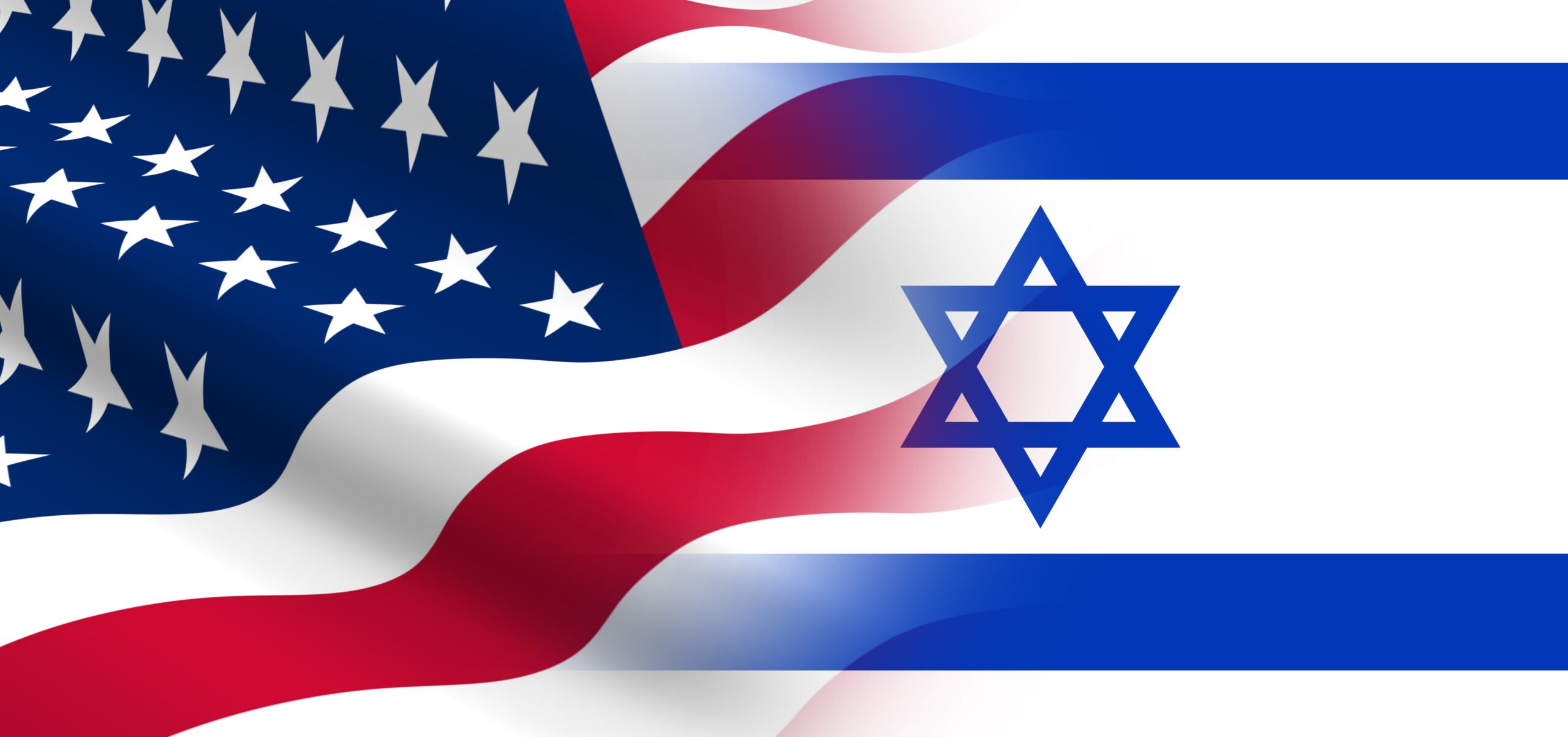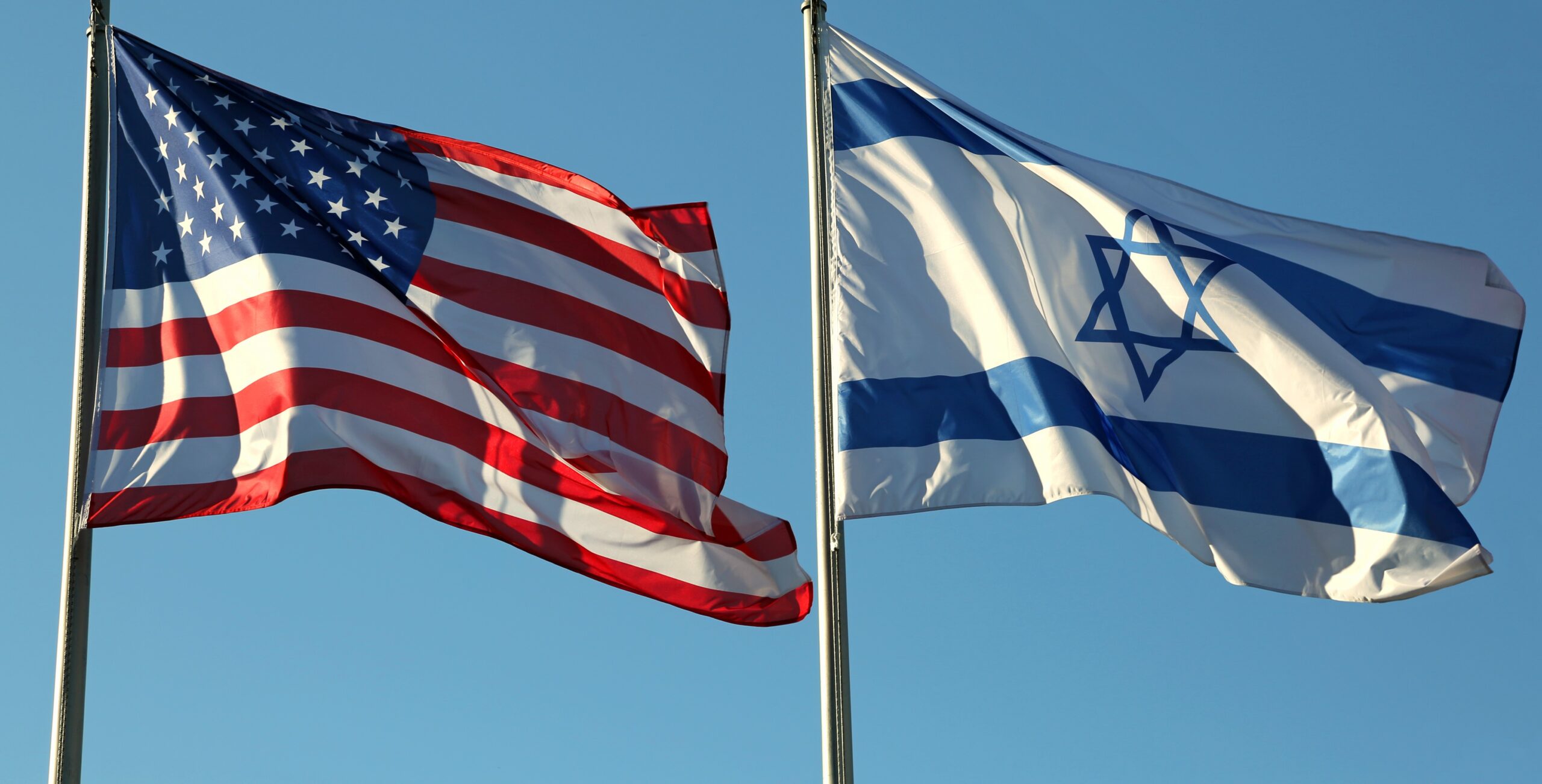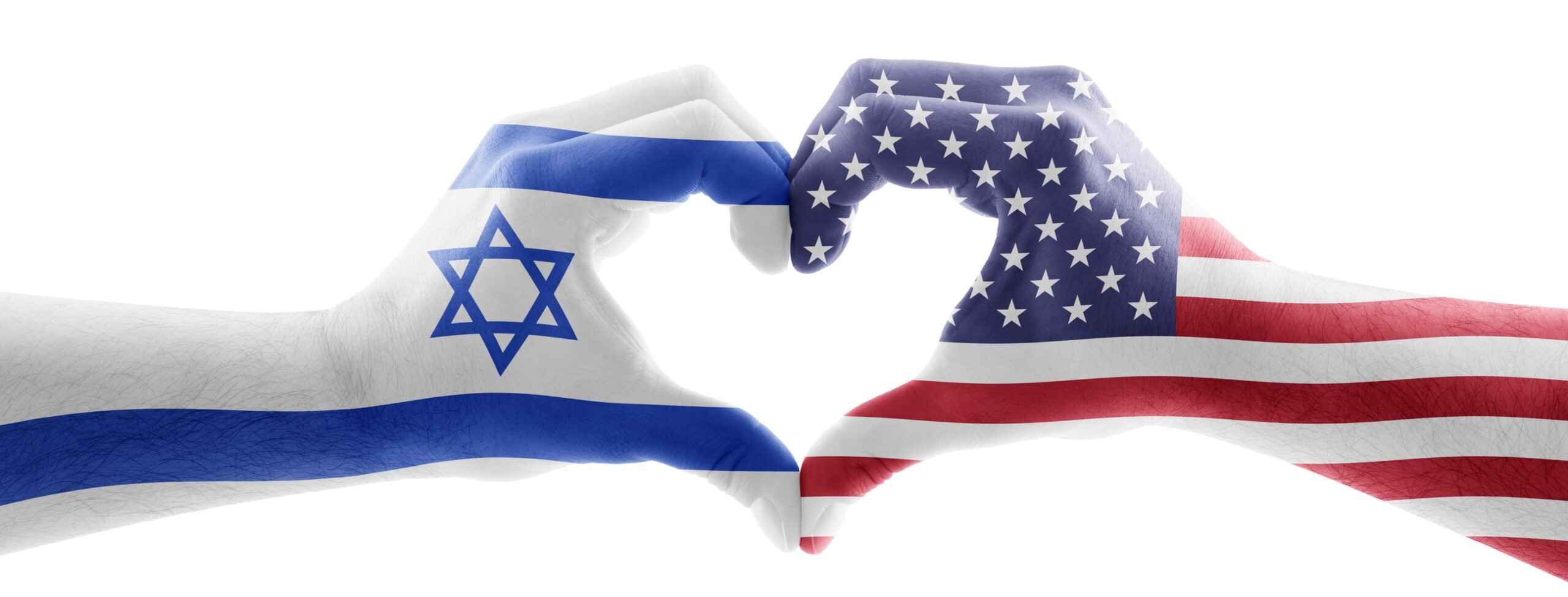Laying the Framework: US-Israel Relations before 1948
The US-Israel relationship officially began in 1948 when Israel declared statehood. However, US President John Tyler had appointed the first American consul to Jerusalem more than 100 years prior, in 1844. By 1857, the United States’ permanent consular presence was established in a building near the Jaffa Gate of Jerusalem’s Old City.
Woodrow Wilson was the first US President to vocalize his support for Zionism. Just before the Balfour Declaration was released in 1919, Wilson said, “I am persuaded that the Allied nations with the fullest concurrence of our own Government and people are agreed that in Palestine shall be laid the foundation of a future Jewish commonwealth.” A few years later, in 1922, the United States Congress passed the Lodge-Fish resolution, which stated its support for “the establishment in Palestine of a national home for the Jewish people.”
By the time David Ben-Gurion declared Israel’s independence and the establishment of the Jewish state, President Harry S. Truman ensured that the US was the first country to recognize Israeli sovereignty.
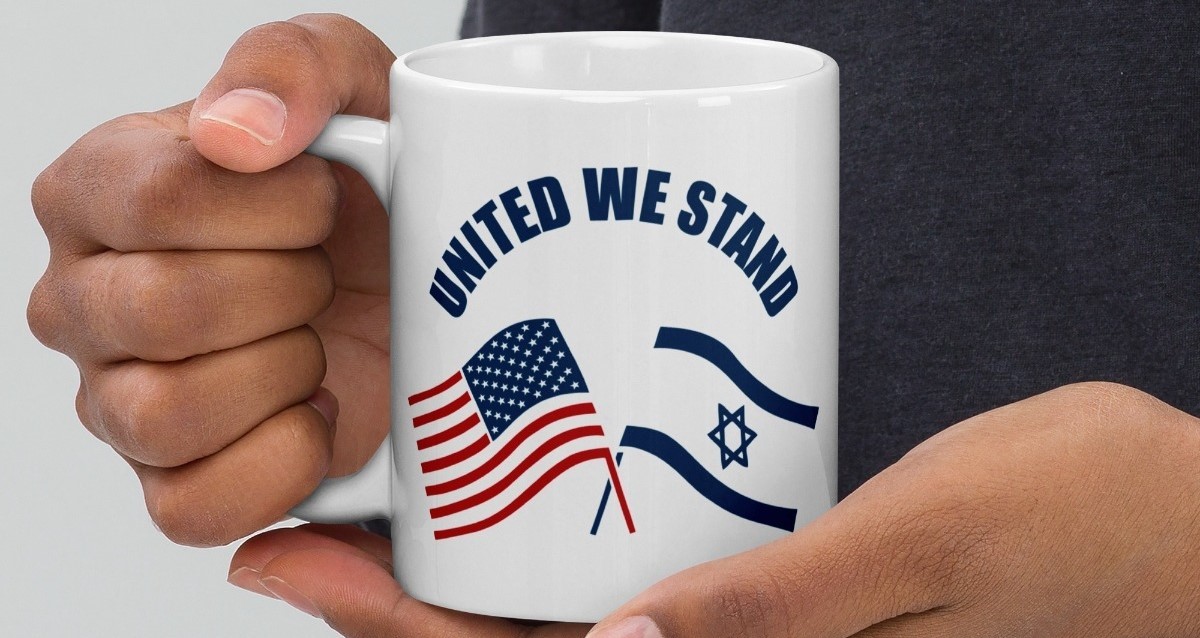
The US-Israel Relationship after 1948
During Israel’s earliest years, the US provided moderate economic aid to the newly-formed state.
It wasn’t until the early 1960s, during the Kennedy administration, that America and Israel formed a military alliance, allowing the two countries to work together to develop defense technology, advance shared interests, and run joint military exercises. Israel also began purchasing advanced military equipment from the United States, such as the Hawk antiaircraft missiles. President John F. Kennedy was the first US President to outwardly beam about the “special relationship” between America and Israel.

In the 1970s, America began to function as a peacemaker and mediator between Israel and Arab states. US Secretary of State Henry Kissinger worked hard with Israel’s Prime Minister Golda Meir to calm tensions post-1967 between Egypt and Israel.
In June 1974, US President Richard Nixon became the first American President to visit Israel while in office. During his two days in the Holy Land, Nixon met with Israeli Prime Minister Yitzhak Rabin, who “expressed Israel’s appreciation for the outstanding and effective role of the United States in the quest for peace under the leadership of President Nixon assisted by the tireless efforts of Secretary Kissinger and indicated Israel’s intention to participate in further negotiations with a view to achieving peace treaties with its neighbors which will permit each State to pursue its legitimate rights in dignity and security,” according to a joint statement issued after Nixon’s visit.
By 1979, President Jimmy Carter was able to broker the official peace treaty between Egypt and Israel after hosting the first Camp David retreat in Maryland, which brought together Israeli Prime Minister Menachem Begin and Egyptian President Anwar Sadat. Carter also visited Israel and spoke at the Knesset.
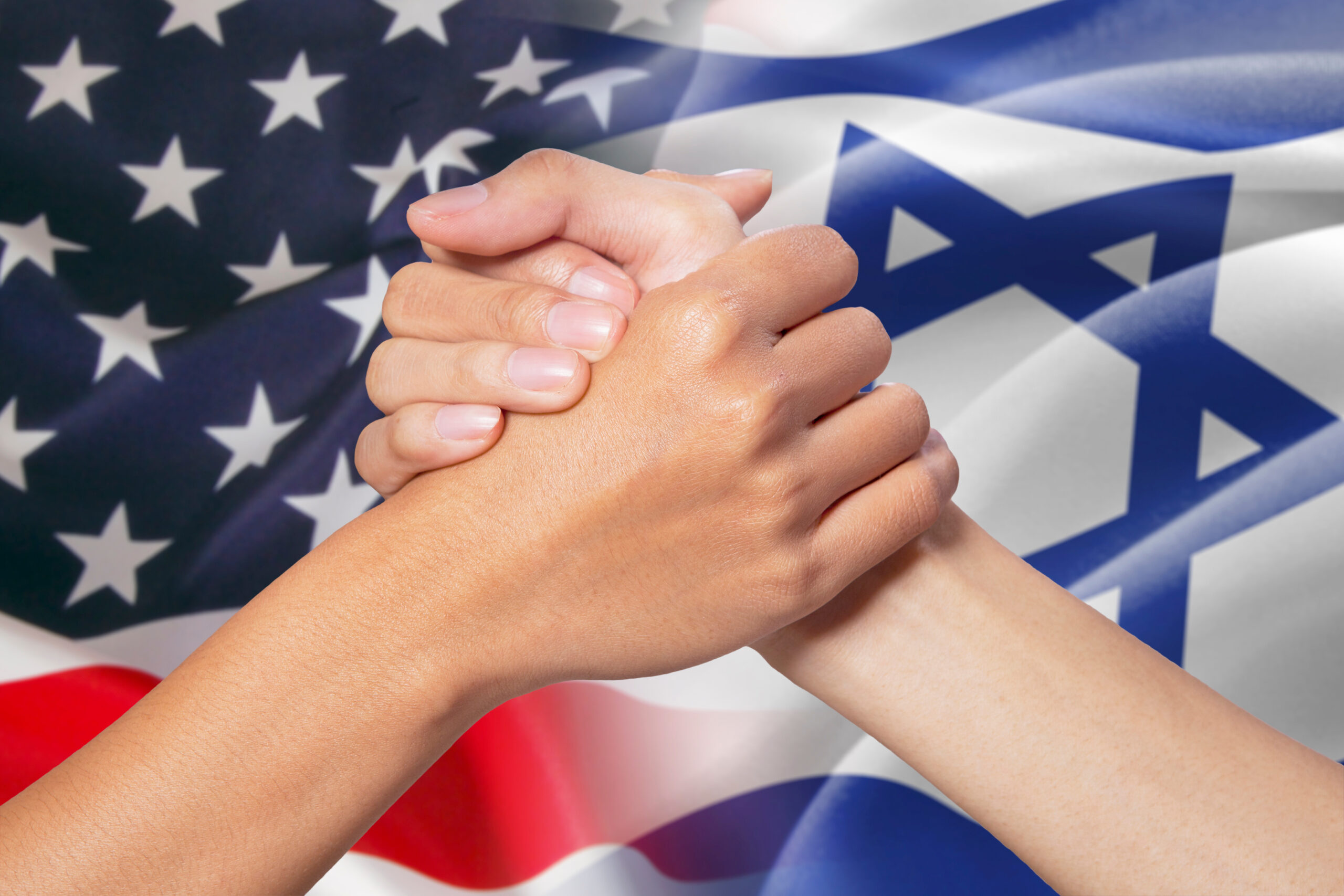
When Ronald Reagan became America’s 40th president in 1981, the State of Israel swiftly communicated with the White House and conveyed their interest in continuing and strengthening the US-Israel alliance. This led to the joint signing of the Military Cooperation Agreement of 1981, which created a framework for continued consultation and cooperation to benefit both countries’ national security.
Iraqi aggressions and threats against Israel led President George H.W. Bush to also reaffirm America’s commitment to Israel’s safety throughout the early 1990s. Bush was also an instrumental part behind the Madrid Peace Conference. In October 1994, President Bill Clinton helped Jordan and Israel reach an important peace agreement. Clinton also traveled to Israel four times between 1994 and 1998.
Throughout the 2000s and 2010s the Bush, Obama, and Trump administrations also supported Israel via trips to Jerusalem; through instructing US ambassadors to the UN to defend Israel; by increasing military and defense aid; and by working hard to continue to strengthen the ties between the two countries. Notably, the US Embassy to Israel was moved from Tel Aviv to Jerusalem on May 14, 2018, by the Trump administration.
